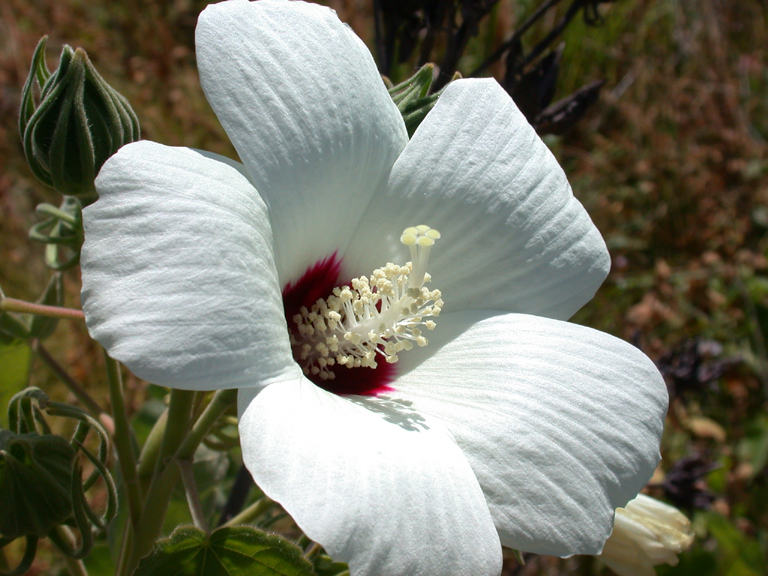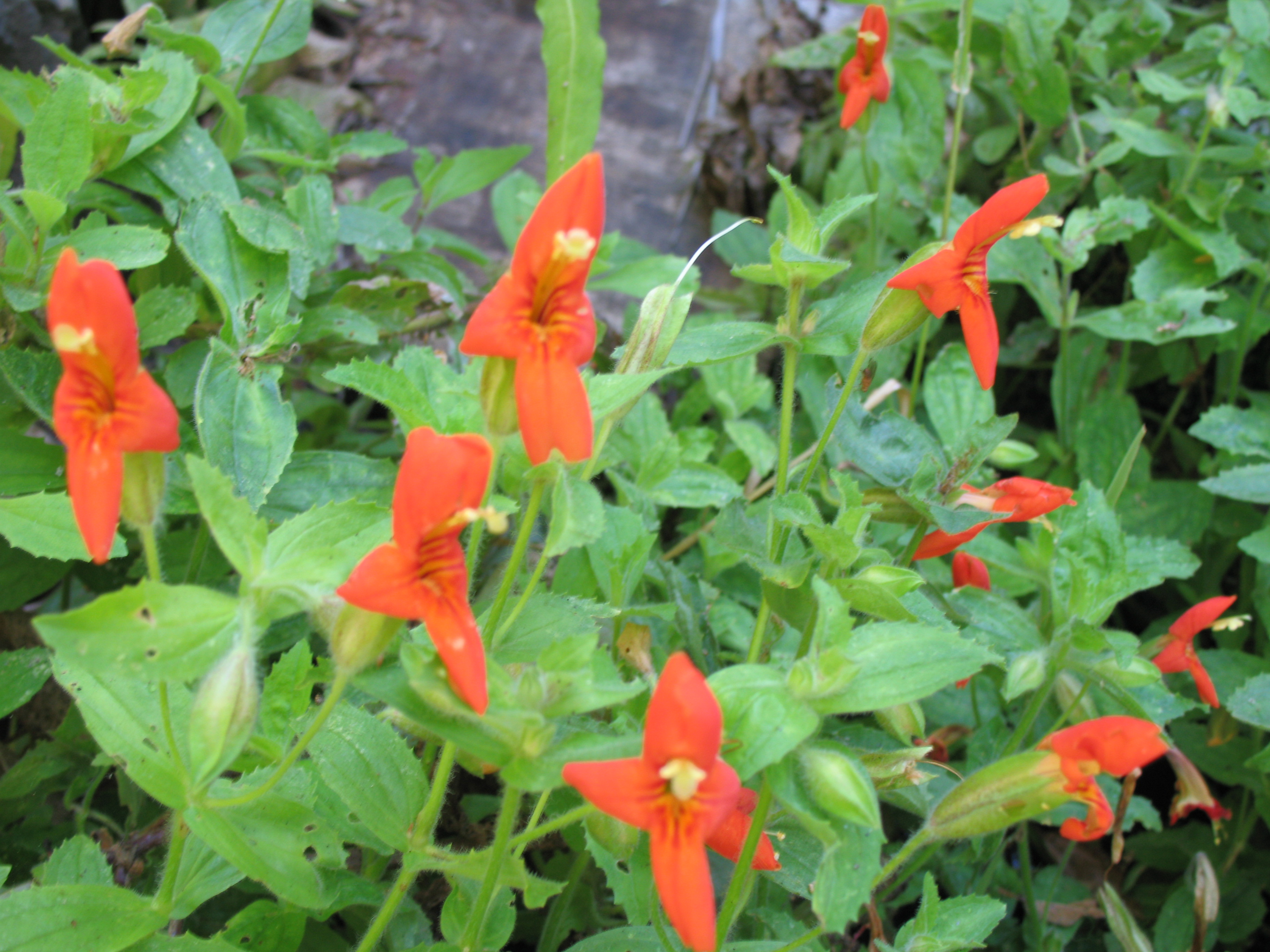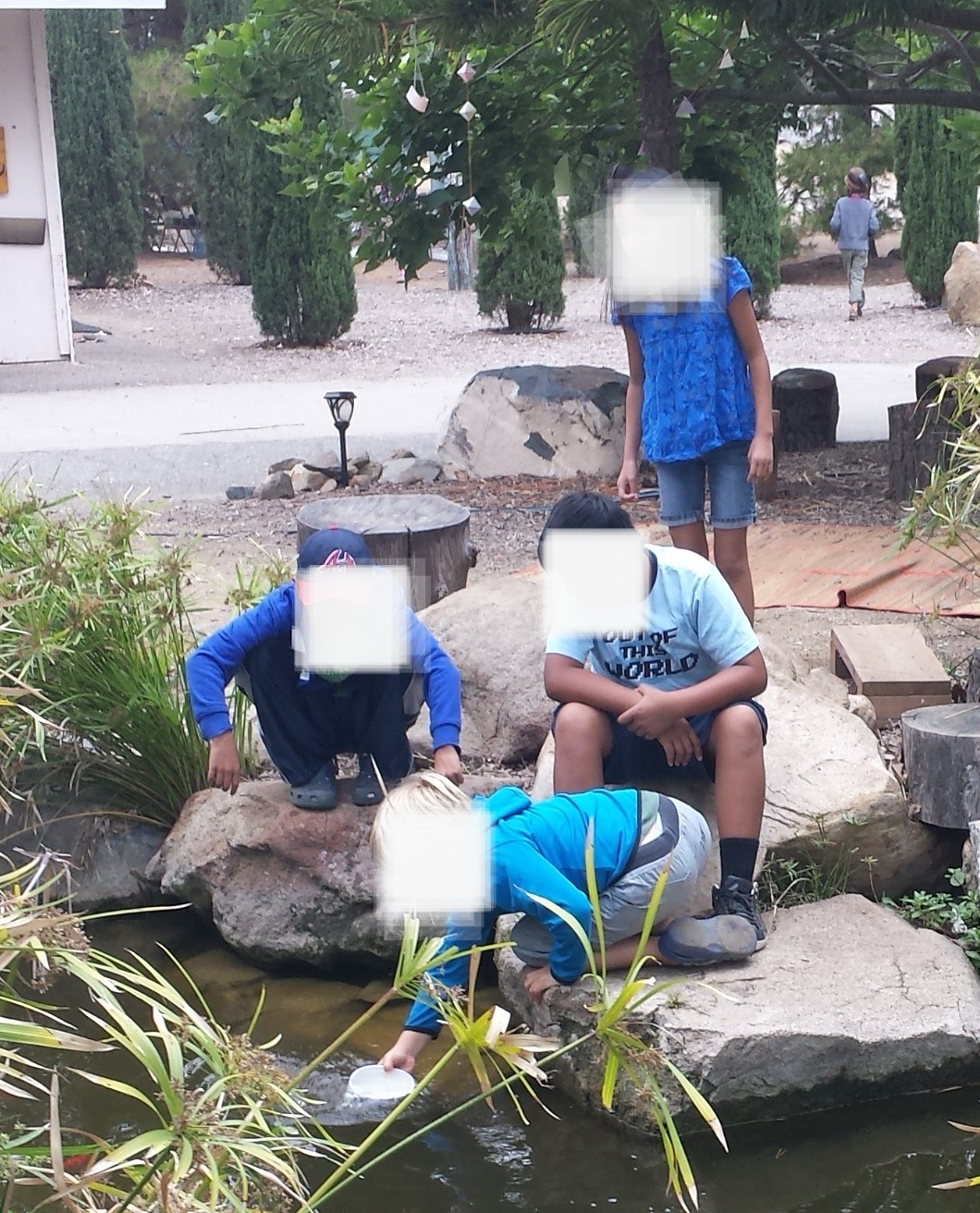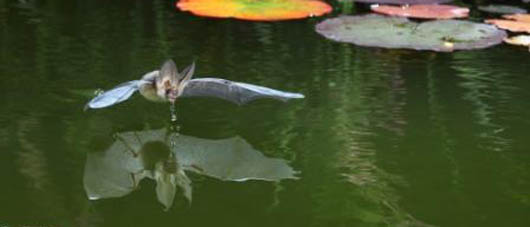I have been maintaining private pools and ponds ecologically for over 28 years. They are all crystal clear all the way to the bottom (in some cases over 10 ft) but they are _not!_ brilliant blue chemical cesspools. If you believe that you're healthier with algaecides or a chlorinated and UV stabilized chemical soup I truly wish you the best.

PuraVida Aquatic's philosophy is to promote natural aquatic ecosystems and live peacefully within our world ecosystem.
We are deeply concerned about the overuse of chemical pesticides in our environment. And passionate about not using them. Hummingbirds and other animals including the homeowner’s dogs, cats, and other pets shouldn’t have to drink algaecides or other pond chemicals. Most chemical pesticides and water “conditioners” are eventually broken down. Unfortunately as they are broken down, the primary, secondary, tertiary, or further breakdown products often do more harm then the original chemical. One of the best examples of this was a study done at the University of Illinois in the 1990s. Classic well-studied pesticides were introduced into plant metabolism systems. The systems, which duplicated the plant’s natural metabolism, actually broke the compounds down into carcinogens.
Wikipedia, the free encyclopedia defines permaculture as “a theory of ecological design which seeks to develop sustainable human settlements and agricultural systems, by attempting to model them on natural ecosystems.” That is a pretty good definition of our interests. We are also interested in native California marsh and bog plants and animals, water conservation, constructed wetlands, and rainwater catchment.

We Love Ponds and Water gardens. We love them because they provide wildlife and beneficial insects a place to drink. And from a more commercial point of view they contribute greatly to the value of any property. They project health and peace of mind. Ponds, fountains and other types of water gardens have a demonstrated calming effect and even act as natural air filters. If you are interested in water conservation ponds are great! A pond actually uses less water than many types of landscaping over the same area since with landscaping there is loss of water to the surrounding soil above and beyond evaporation.
Give your Hummingbirds and other wildlife that drink from your water feature fresh clean water. We stress non-chemical methods particularly in outdoor environments as there is very little known about the long term health effects of algaecides and other water “conditioners” on wildlife drinking from a treated source.
There is relatively little known about the ultimate toxicity of many chemical pesticides. To be fair, it is a difficult task for the chemical companies to quantify the toxic effect of pesticides on humans and it is nearly impossible for them to analyze all the breakdown products of the pesticides too. There is a huge pesticide load on this country. Over 2.5 million tons of active pesticide ingredients are used in the world every year which doesn’t even include the inactive carrier chemicals.

That is nearly 3 times the total amount of oil leaked into the Gulf of Mexico by the BP Deepwater Horizon oil spill. Many chemical pond maintenance systems are analogous to destroying a forest ecological system by bulldozing the weeds. Sure you will no longer have weeds but.... This is a completely unstable system in a pond and will require continued bulldozing every year. If you are cleaning out your pond every year or even every other year there is something wrong.
We want to create a stable old growth climax community in your pond. Old growth takes time to develop, it won’t happen overnight. However, using our proprietary systems and organisms we can dramatically shorten the time it takes in your pond system. Chemical algae control methods including UV and ozone increase fish stress. Fish have immune systems very similar to the system found in humans. Ozone and stress weakens the immune system and causes a higher likelihood of sickness and disease. If the fish are sluggish, at the top of the pond, feeling miserable, gasping for air as a result of its distress, it is much more likely to be eaten by a predator even if it does not succumb to disease itself.

Baby fish are one of the many joys of owning a pond. Stressed fish will not breed as successfully as unstressed and happy fish. In the photo those fish look like they are maybe a foot deep and a couple of inches long. In reality they are 3 ft down in crystal clear water and some are 8-10 long and probably at some point will stop having babies! The shelf at the lower left is the original depth of the pond, about 18” deep.